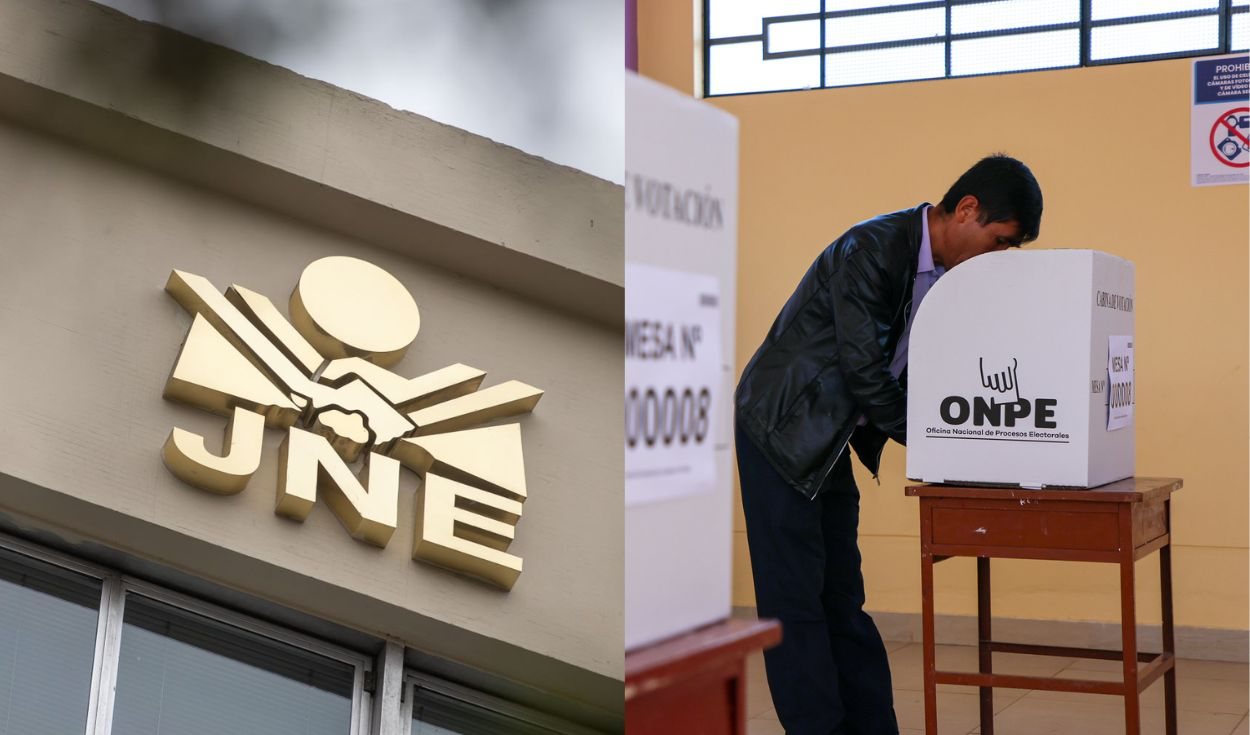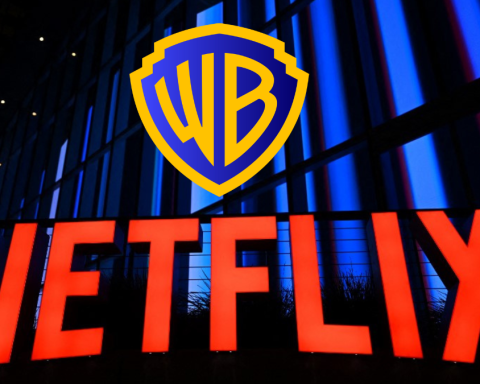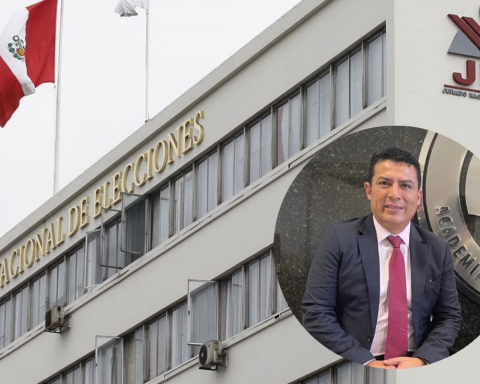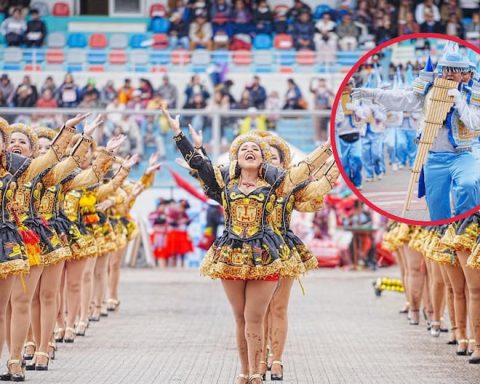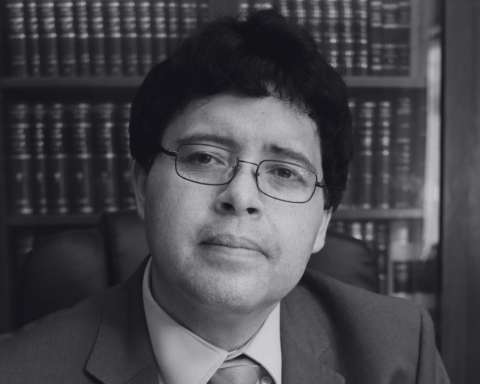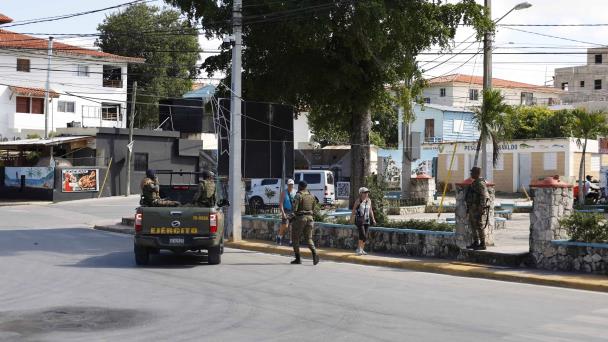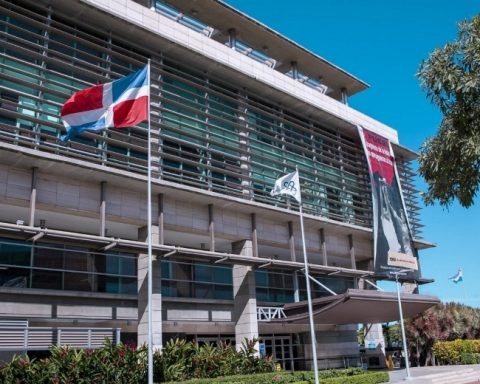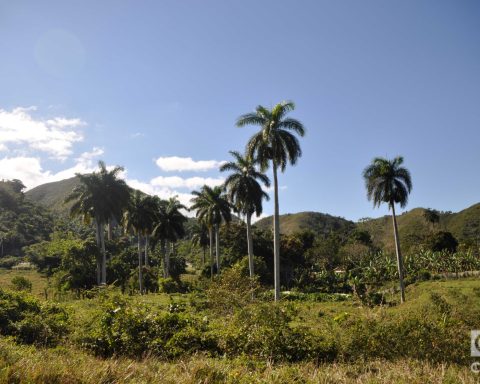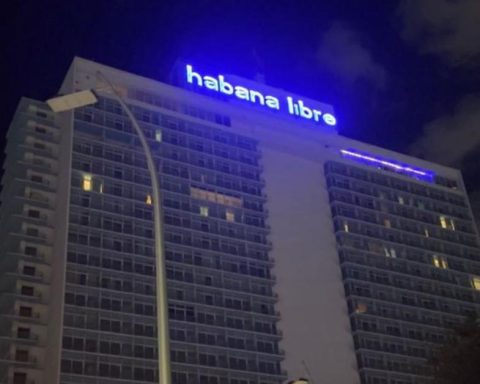The president of National Election Jury (JNE), Roberto Burneospoke about the General Elections that will take place in 2026. Burneo He assured that these elections will be “unprecedented”, highlighting that, to date, 39 political organizations are registered to participate. In addition, he indicated that more parties could join, since 32 additional organizations are in the registration process.
“Before April 12 we will have the complete photo. Have 39 political parties registered and there could be more. (…) The challenge for the entire electoral system will be enormous, due to the processing of information, the preparation of the voting card and, in general, the responsibilities of the JNEsuch as handling appeals and managing the registration of candidates and pre-candidates,” he said.
Burneo stated that the JNE has the technical capacity to carry out the necessary preparations for the elections of next year. However, he emphasized that economic support will be essential to guarantee an adequate electoral process: “We will be able to. (…) There is very good human and logistical material with several years of experience. (…) We believe that we can face the challenge and arrive fully prepared, but we need many things along the way, such as economic resources,” he said.
Elections 2026: 39 political parties and no Primary Elections
In a previous interview with La República, the political scientist Fernando Tuestathe main promoter of the electoral reform, criticized the role of the Congress of the Republic in the changes made to the proposals of the commission he led to improve the electoral system. “(…) Of all the proposals, very few were approved, some were distorted and others, like the PASSED (Primary, Open, Simultaneous and Compulsory), which were a key point of the reform, were left aside,” he explained.
Tuesta pointed out that the decision of the Congress in 2023 to eliminate PASSEDa mechanism designed for parties to reach certain minimum percentages of votes before the elections. General Electionsdistorted the purpose of the reform and contributed to the excess of registered political parties.
YOU CAN SEE: Noemí Alvarado about Nilo Burga: “What I believe is that they killed him”
“As for the number of parties, the diagnosis coincided with what citizens were asking for: a greater political offer to prevent the same parties from always competing. That was the idea. With the same rules, we would not obtain different results; Therefore, we proposed changing the rules and expanding the offering. The second part of the proposal was the PASSEDwhich functioned as a filter or threshold. Under this scheme, only organizations with the capacity to electoral mobilization would pass at General Electionswhere they would face a new filter. It was a competition designed with several stages,” he explained.
What are the parties registered for the 2026 General Elections?
- Popular Action
- Now Nation
- National Alliance of University Agricultural Workers, Reservists and Workers
- Alliance for Progress
- Country Advances – Social Integration Party
- Faith in Peru
- Popular Agricultural Front FÍA of Peru
- Popular Force
- Together for Peru
- Popular Freedom
- New Peru for Good Living
- Peruvian Aprista Party
- Civic Party Works
- Party of Workers and Entrepreneurs PTE-Peru
- Good Government Party
- Peru United Democratic Party
- Green Democratic Party
- Democratic Party We Are Peru
- Front of Hope Party 2021
- Purple Party
- Country for All Party
- Patriotic Party of Peru
- Popular Cooperation Political Party
- Modern Force Political Party
- Peru Libre National Political Party
- Political Party Peru Action
- Peru First Political Party
- United Peruvian Political Party: We are Free!
- Popular Political Party Voices of the People
- PRIN Political Party
- Christian Popular Party – PPC
- Yes I Believe Political Party
- Unity and Peace Party
- Modern Peru
- We can Peru
- People First – Community, Ecology, Freedom and Progress
- Let’s progress
- Popular Renewal
- Let’s save Peru
